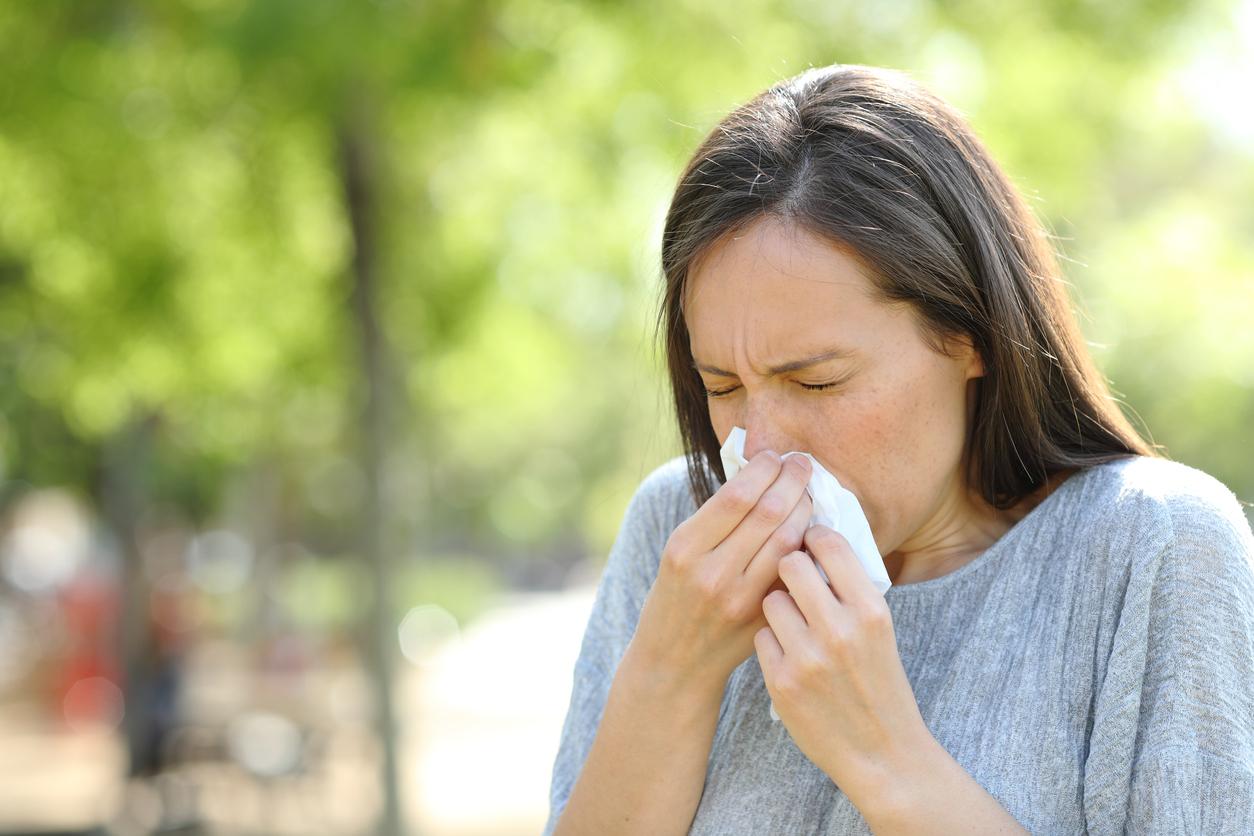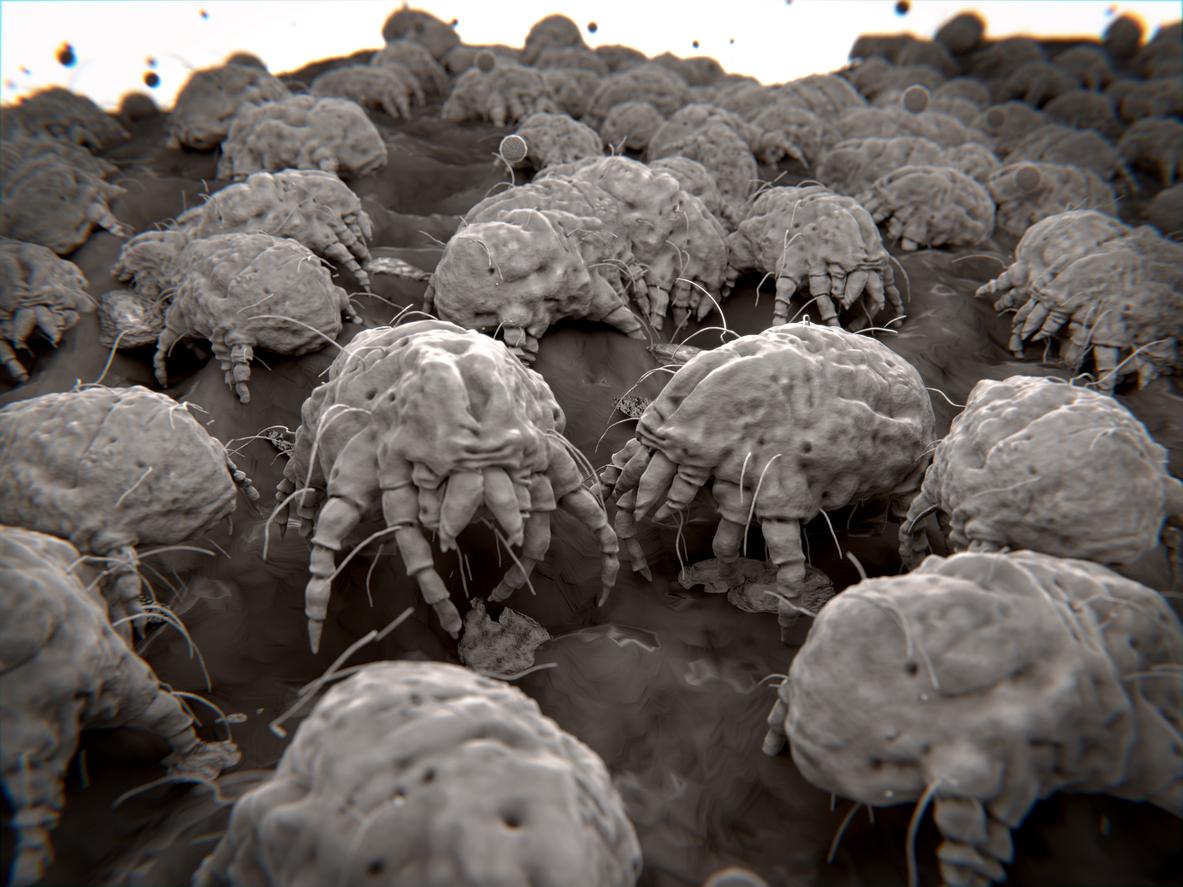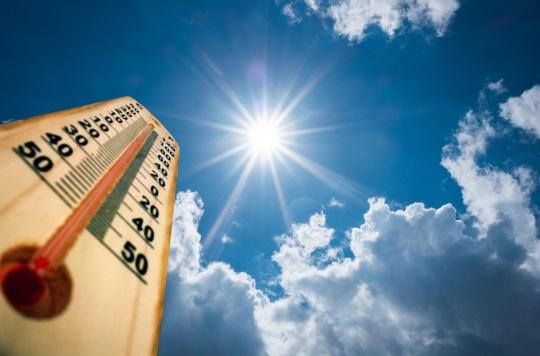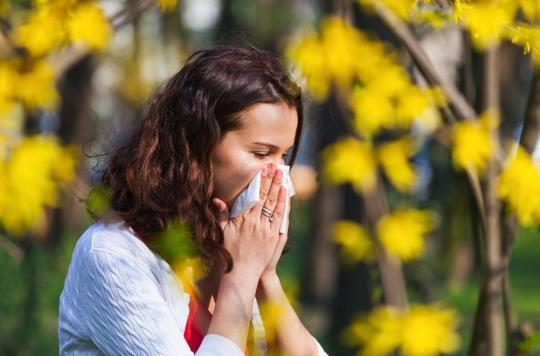In an opinion, the HCSP proposes health messages of information and recommendations to be disseminated everywhere in anticipation of episodes of allergenic pollens.
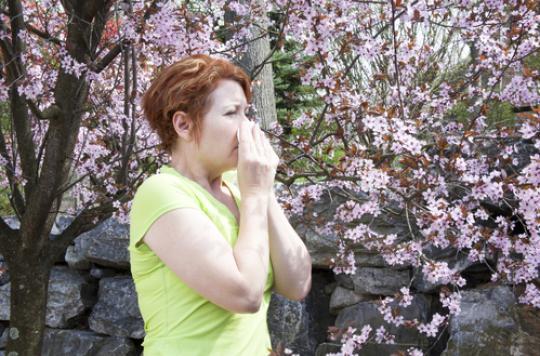
They have been slaughtering all over France for two weeks. Whether they are birch, oak, or even grasses, pollens are the misfortune of allergy sufferers. In this context, the High Council of Public Health (HCSP) issued a new opinion entitled “Information and recommendations to be disseminated in order to prevent the health risks associated with allergenic pollens”.
Published this Wednesday, the HCSP offers health messages of information and recommendations to be disseminated in many places. “Pollen allergies concern 30% of adults in France, some of whom are unaware that they are allergic to pollen”, recall these experts.
Météo France and elected officials must participate
For them, the information messages must be intended for the general public and health professionals in order to make them aware of the pollen risks and thus encourage “consultation, screening and recourse to care for people unaware of their pollen allergy”. The trigger threshold for the dissemination of information messages to these populations must be the pollen exposure threshold corresponding to the allergic risk of low pollen exposure (RAEP 211) of the RNSA (1), they specify.
But these people are not the only ones who must be protected from pollens since the health recommendations are also (and above all) to be disseminated to people with allergies “to enable them to adopt behaviors that make it possible to reduce their exposure to allergenic pollens and ‘alleviate their symptoms,’ it says in the notice.
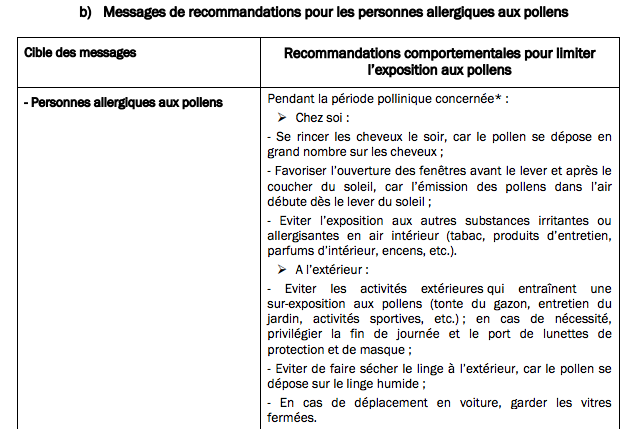
According to the HCSP, the preferred channels for the dissemination of information are in particular Météo France or local communities “by means of their illuminated information panels, municipal newsletters, websites, etc.” “
In this device, health professionals would also be involved since the HCSP advises the dissemination of information in pharmacies, waiting rooms of general practitioners, pediatricians and allergists, in particular by posting.
The HCSP calls for a major national campaign
Finally, among other recommendations, the HCSP recommends the development of a general national information campaign on pollen and its effects (posters, paper brochures, advertising spots) in connection with specific actions such as the day of the allergy, ragweed day, etc.
He also recalls the importance of setting up an evaluation of the effectiveness of the communication actions proposed.
(1) National Aerobiological Surveillance Network
.








